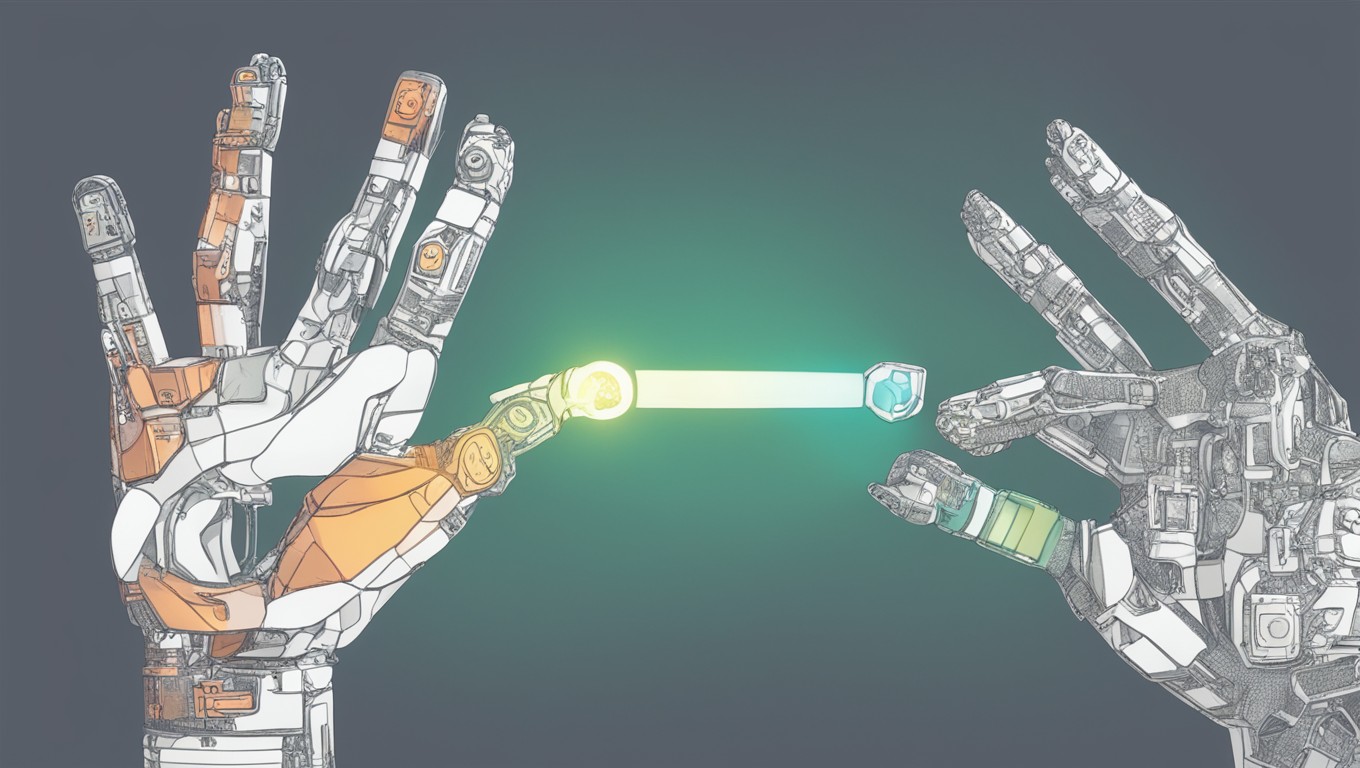In the battle for AI integration, tech giants Google, Amazon, and Apple are going head-to-head to transform the tech landscape and bring artificial intelligence into people’s lives. These companies are investing billions of dollars and mobilizing vast resources to incorporate AI into some of the most well-known consumer technology products, aiming to accelerate adoption and reap the commercial benefits of this new technology.
Meta, Apple, Amazon, and Google have all made significant strides in integrating AI into their platforms. Meta has incorporated its AI chatbot into its popular social media platforms, Instagram and Facebook. Apple has finally launched its own suite of AI tools, Apple Intelligence. Google has integrated AI summaries into its dominant search engine and has released its own chatbot called Gemini. Amazon is also working on an AI update for its smart home device, Alexa.
Tejas Dessai, Director of Research at Global X, an investment management company, highlights the importance of integrating AI seamlessly into popular platforms. He explains, “What we are seeing with so many people using tools like ChatGPT, for example, is that they are getting accustomed to using these technologies regularly. And once that happens, people start developing intuition for these functionalities… And that’s exactly what we are seeing happening with Apple.”
Dan Ives, a technology analyst at Wedbush, predicts that smart home devices will be the foundation of the AI revolution in consumer technology. Wedbush estimates that 20% of the world’s population will ultimately access AI through an Apple device in the coming years. Ives emphasizes the potential of generative AI-driven applications as key ingredients for Apple’s success, stating, “These applications will be crucial in the recipe for success for Apple as its set of technologies creates the building blocks for the consumer AI wave we see coming from the iPhone 16.”
While some believe that new AI hardware will facilitate the adoption of this technology, others argue that AI can be accessed through existing devices via the cloud. Jony Ive, the legendary Apple design guru, is partnering with OpenAI CEO Sam Altman and Laurene Powell Jobs to start an AI device company. Altman suggests that AI adoption can happen in the cloud without the need for new hardware.
The implementation of AI is expected to happen in phases, starting with the development of the current AI infrastructure. Next comes the development of software, such as cloud-based tools. The final stage will involve new interfaces, like virtual assistants or chatbots, through which users can interact with AI.
As of now, major tech companies have made significant advancements in bringing AI products, tools, and features to their users. Meta’s AI assistant has already gained over 500 million monthly users, positioning it to become the most widely used AI assistant worldwide by the end of 2024. The integration of AI has also boosted Meta’s core businesses, as AI-driven video recommendations and feeds have resulted in an 8% increase in time spent on Facebook and a 6% increase on Instagram.
Apple, on the other hand, has faced some challenges with its AI initiative, Apple Intelligence. Although the iPhone 16 lineup has seen strong demand, the impact of Apple Intelligence remains uncertain due to its delayed release. A recent CNET survey found that smartphone users are still not convinced of the benefits of AI, with a quarter of respondents stating that they do not believe AI is useful.
Amazon is yet to incorporate its AI-powered tools into its physical technology range, such as Alexa. However, the company is expected to introduce a new Alexa powered by AI models from the startup Anthropic. Amazon has heavily invested in Anthropic, which in turn utilizes AWS as its primary cloud provider for security research and AI model development.
Meanwhile, Google Home and Nest speakers are scheduled to receive generative AI updates before the end of the year, indicating fierce competition for Amazon’s Alexa. Apple is also reportedly working on its own smart home hub that will heavily rely on Apple Intelligence.
The long-term goal, according to Dessai, is a world where electronic devices seamlessly incorporate AI features to support daily activities. However, this transformation will not happen overnight. Dessai suggests that consumer devices such as smartphones, vehicles, and home electronics will eventually integrate these AI models to capture behavioral patterns, process information, and make it easier for users to interact with them. He concludes, “That’s really the moment when you will see artificial intelligence truly integrated into consumers' lives.”
In the race for AI integration, Google, Amazon, and Apple are pushing boundaries and reshaping the future of technology. With their vast resources and dedication to incorporating AI into consumer products, these tech giants are striving to bring the benefits of AI to everyday life. As AI becomes more seamlessly integrated, it has the potential to transform various industries and revolutionize the way we live, work, and interact with technology.





Use the share button below if you liked it.